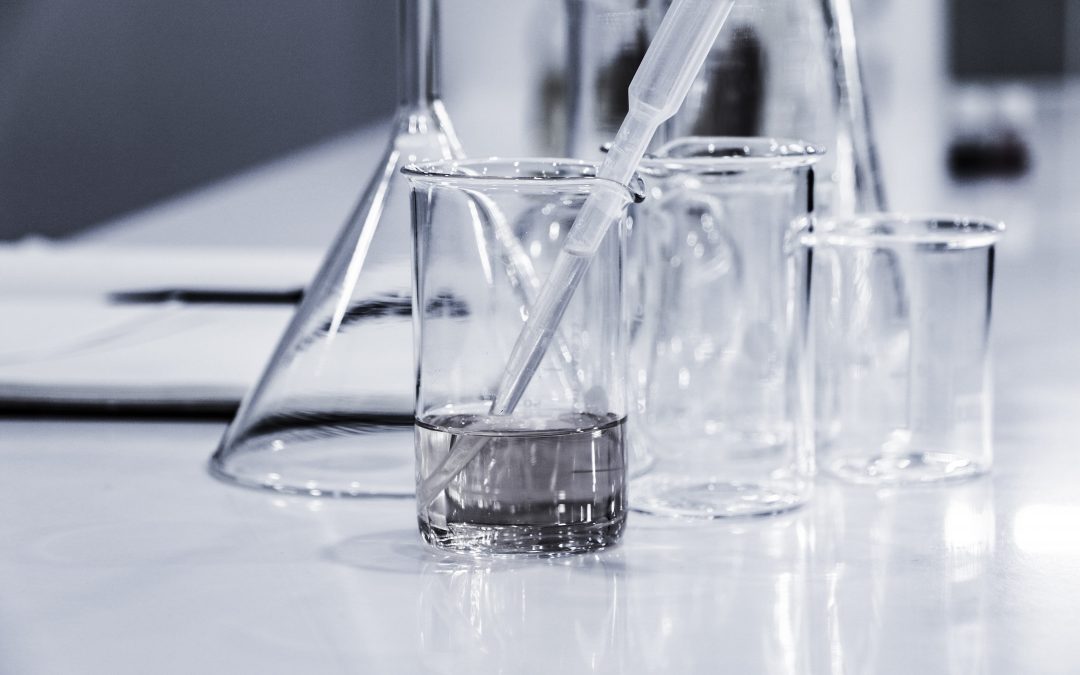Science has always been at the core of secondary education. Alongside English and Mathematics, Science is a compulsory subject for children to study when other GCSE classes become optional.
At GCSE level, Science comes in two forms. Students can choose to study one (or more) of physics, biology or chemistry as a specialist GCSE. Alternatively, there is the option to study combined science as a double-GCSE.
As the name suggests, combined science covers all three disciplines in one class. Students will cover around two-thirds of the material discussed in a specialist class. Combined science will provide two GCSE grades though, instead of three when Chemistry, Biology and Physics are taken separately.
Why Science is Critical
Many career paths require a strong passing grade in Science subjects at GCSE level. Think of GCSEs as the first domino to fall in the path to a successful future.
If your child wishes to attend university, they will first need to go to college. Universities will require particular grades at A-Level to qualify for a degree course.
In order to take A-Level classes, students must achieve a minimum of five GCSEs between grades 4 and 9. This is the equivalent of five C grades or above before 2018’s changes to the examination scoring system.
For some A-Level courses, a qualifying grade in Science is non-negotiable. If your child wishes to further their education in Biology, Chemistry or Physics, a pre-existing specialism will offer a significant advantage.
Career paths that require expertise in Science include:
- Medicine and healthcare (both human and veterinary)
- Environmentalism and Conservationism
- Technology
- Aerospace
- Engineering
- Computer Science
- Zoology and Marine Biology
- Architecture
- Research and Development
As you’ll see, Science qualifications can open a range for doors for your child’s future. These are just the roles that require specialism in Science, too. Many other jobs require a Science qualification, regardless of how much it will be used.
How Private Tuition Will Help Your Child
Appropriate education at this pivotal stage of a child’s development can play a significant role in a young person’s future. To this end, private Science tuition is highly advisable. Once you understand the advantages of tuition, you will be confident that this is the right choice for any young person.
Undivided Attention
A schoolteacher needs to divide time equally between an entire classroom. Depending on the school that your child attends, this could be as many as thirty students – or more. While socialisation and interpersonal skills are important for young minds, this is not always the most impactful way to teach.
Science can be complicated, and the pace of the lesson may be dictated by another student that struggles to understand. This can leave your child frustrated. Even the hungriest young mind can be distracted and lose interest if it is not fed and nourished at an appropriate speed.
In addition, there will always be distractions in a classroom. School-age children are surrounded by friends, at least some of whom will be confirmed attention-seekers. Tutoring and tutoring centres remove these distractions, ensuring that your child will not be surrounded by disruption.
Our Science tuition lessons offer small group sizes with qualified teachers; meaning your child gets far more of the teacher’s attention.
Learning Style
The minds of young people are like snowflakes – no two are alike. All children have different preferred learning styles. Our fully qualified teachers have the time and ability to get to the bottom of how your child learns best, and tailor any teaching to this.
There are countless different learning styles. Some of the most popular – and frequently utilised – include:
- Visual Learners enjoy the use of diagrams, pictures and slides to paint a graphic picture. These young people learn better through images than words.
- Audio Learners prefer having facts and data read to them, rather than reading static words on a page. Videos can also be helpful here.
- Reading and Writing Learners prefer to read text, then write it out in their own words. This helps the young person absorb information twice.
- Kinetic Learners take in information by actively participating. This can be especially impactful in science tutoring. Models could be constructed in biology, and experiments conducted in chemistry.
A schoolroom teacher will lack the time and capacity to tailor lesson plans to every student’s preferred learning style. Our GCSE tuition class, however, is much smaller and therefore lends itself perfectly for tailored teaching. This lends itself to greater flexibility.
Flexibility of Schedule
Some children are more alert during the morning, while others come to life after dark. Some learn best in one long, multiple-hour block of time, while others will focus better when education is broken down into multiple, bite-sized chunks.
Enhanced Confidence
Finally, consider how much more confident your child will be entering an examination hall following a programme of tuition. GCSE exam time can be nerve-wracking for any student. It’s only natural that a child will question if they studied hard enough – and whether they have memorised the right information.
Your child will also be more confident in asking questions about particular subjects and being honest about things they do not understand. Raising a hand in class in front of peers can be nerve-wracking. Your child will be much more comfortable in a smaller, more intimate setting.
Our GCSE tutors are dedicated to getting your child the grade they need during their Science exam. It’s what all tutoring sessions ahead of the big day have been building up to. This will increase your child’s confidence and help them to keep calm. They will know they have been prepped and primed for the exam by a bona fide expert.
As you’ll see, GCSE Science tuition could set your child on a path for success. If you are interested in learning more, contact us. Our friendly team of experts are waiting to advise on how you can create a bright, limitless future for your child.


